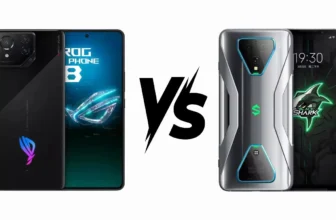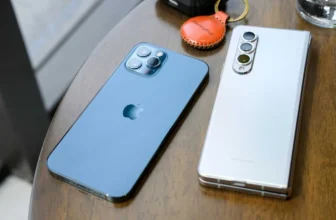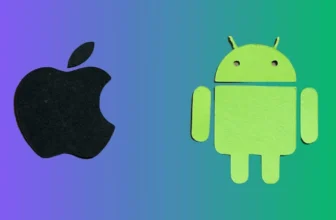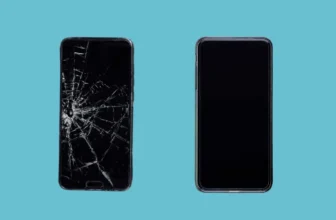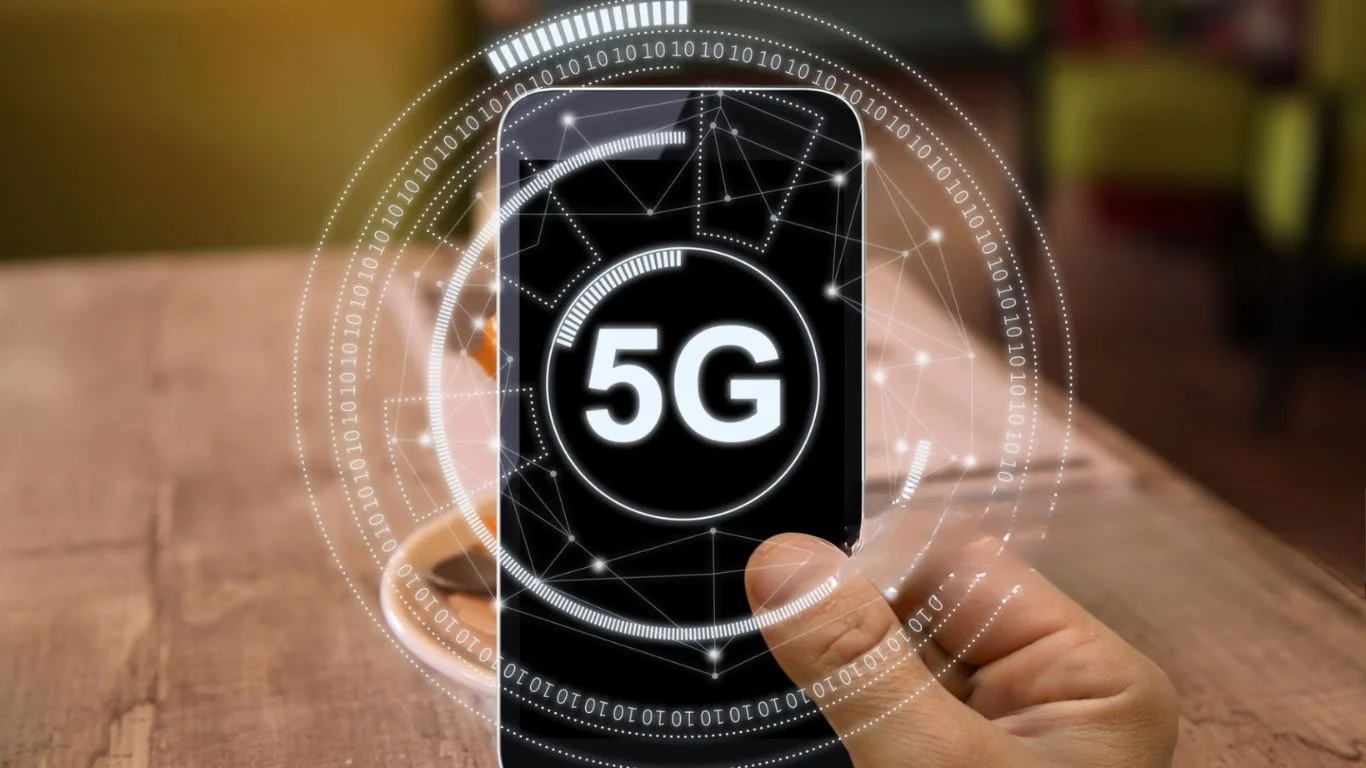
The telecommunications industry is experiencing a revolution, and at the center of this change is the emergence of 5G technology. 5G promises to offer faster speeds, lower latency, and a more reliable connection for mobile devices. As 5G networks continue to expand across the UK, consumers are beginning to understand the significant impact this will have on their mobile connectivity. In this article, we will explore how 5G smartphones are shaping the future of mobile connectivity in the UK, covering everything from their advantages to challenges and potential future developments.
What is 5G?
5G, short for the fifth generation of mobile networks, is the latest iteration of mobile connectivity, following 4G. It uses a new range of frequencies and advanced technologies to provide higher speeds, ultra-low latency, and improved reliability compared to previous generations. With 5G, mobile devices can download data faster, enjoy smoother streaming, and experience better connectivity in crowded areas.
The Rise of 5G Technology
The rollout of 5G networks began in the UK in 2019, with telecom giants such as EE, Vodafone, O2, and Three leading the charge. While 4G was a breakthrough for mobile internet, 5G takes things to the next level. From enabling augmented reality (AR) and virtual reality (VR) to supporting the Internet of Things (IoT), the potential applications of 5G technology are vast and transformative.
How 5G Smartphones Work
Understanding 5G Networks and Technology
At the heart of 5G technology are advancements such as millimeter-wave (mmWave) frequencies, small cells, and massive MIMO (Multiple Input Multiple Output) antennas. These innovations enable data to be transmitted faster and more efficiently. For smartphones to take advantage of 5G speeds, they need to be equipped with the necessary 5G-compatible chips that can connect to these advanced networks.
Key Differences Between 4G and 5G
While 4G networks provided significant improvements in mobile data speeds, 5G pushes these limits exponentially. 5G offers download speeds of up to 20Gbps, which is up to 100 times faster than 4G. Moreover, 5G’s low latency—around 1 millisecond—enables real-time applications like autonomous vehicles and remote surgery. In addition to faster speeds, 5G can handle a much higher density of connected devices, making it ideal for smart cities and IoT applications.
The Advantages of 5G Smartphones
Enhanced Speed and Latency
One of the key benefits of 5G smartphones is the dramatic improvement in speed. Whether it’s downloading large files, streaming ultra-high-definition videos, or playing high-performance games, 5G smartphones offer blazing-fast connectivity. Low latency, which refers to the delay in data transfer, is also significantly reduced, making tasks like video conferencing and online gaming smoother than ever.
Greater Network Capacity and Reliability
As the number of connected devices increases, network congestion can occur. However, 5G networks are designed to support millions of connected devices simultaneously, ensuring reliable service even in crowded locations. This is especially crucial for the growth of the IoT and smart cities, where countless devices will be interconnected.
Impact on User Experience
The improvements in speed, latency, and capacity translate to a significantly enhanced user experience. Whether it’s faster internet browsing, uninterrupted media streaming, or immersive gaming, users can expect a new level of performance with 5G smartphones. The faster data speeds also enable new applications and services that were previously not feasible on 4G networks.
5G Smartphones in the UK Market
Adoption of 5G by Major UK Telecoms
In the UK, the adoption of 5G has been swift. Major telecom operators like EE, O2, Vodafone, and Three have rolled out extensive 5G networks across major cities, with plans for nationwide coverage in the coming years. As these networks expand, 5G smartphones are becoming more accessible to a wider audience, with many models now available at various price points.
Availability of 5G Coverage Across the UK
While 5G coverage is still being expanded, the majority of UK cities and towns are already covered by 5G. According to the latest reports, areas such as London, Birmingham, Manchester, and Liverpool are leading the charge, with more rural areas expected to follow suit. The UK government has made significant investments to ensure that 5G connectivity reaches all corners of the country.
Leading 5G Smartphone Models in the UK
Popular Brands and Devices Offering 5G
Several smartphone manufacturers have already launched 5G-enabled devices, with some of the most popular brands being Apple, Samsung, OnePlus, and Google. Models such as the iPhone 14, Samsung Galaxy S21, and OnePlus 9 have been among the first to bring 5G to UK consumers.
Comparison of the Best 5G Smartphones in 2025
When comparing 5G smartphones, factors like performance, camera quality, battery life, and price are crucial considerations. In 2025, many top-tier devices are expected to have advanced 5G capabilities, along with other features like foldable screens, improved AI functionalities, and even more sustainable designs.
5G Smartphone Pricing in the UK
Factors Affecting Pricing of 5G Smartphones
The price of 5G smartphones in the UK varies depending on several factors, including brand, specifications, and features. Premium models like the latest iPhones and Samsung Galaxy devices tend to be more expensive, while budget-friendly 5G smartphones are available for less. As 5G technology becomes more widespread, prices are expected to drop, making 5G more accessible to a wider range of consumers.
Trends in 5G Smartphone Pricing in the UK
Pricing trends indicate a gradual reduction in costs as 5G technology matures and becomes mainstream. In 2025, it’s anticipated that even entry-level smartphones will come equipped with 5G support, enabling more users to experience the benefits of faster and more reliable mobile connectivity.
The Impact of 5G on Mobile Gaming in the UK
Enhanced Gaming Experience with 5G
5G smartphones are set to revolutionize the mobile gaming experience in the UK. With faster speeds and lower latency, games will run more smoothly, allowing for real-time multiplayer gaming and more immersive experiences. Furthermore, the ability to stream high-quality games directly to smartphones without the need for dedicated consoles opens up new opportunities for gamers.
The Future of Mobile Gaming in a 5G-Connected World
The future of mobile gaming looks promising with 5G. As cloud gaming platforms like Google Stadia, NVIDIA GeForce Now, and Xbox Cloud Gaming continue to grow, users will be able to enjoy console-quality games on their smartphones, without the need for bulky hardware.
Conclusion
5G smartphones are the future of mobile connectivity in the UK. With faster speeds, lower latency, and the ability to support a wide range of new technologies, 5G is poised to transform industries, enhance user experiences, and drive economic growth. As the rollout continues and more consumers adopt 5G technology, the UK is set to lead the way in mobile connectivity.
FAQ’s
5G offers significantly faster speeds and lower latency compared to 4G, enabling real-time applications and supporting more connected devices at once.
5G coverage is expanding rapidly in the UK, with most major cities already covered. Full nationwide coverage is expected within the next few years.
Yes, to access 5G speeds, you need a 5G-compatible smartphone and a mobile plan that supports 5G connectivity.
Some of the top models include the iPhone 14, Samsung Galaxy S21, and OnePlus 9, all of which offer excellent performance and 5G connectivity.
Prices vary depending on the brand and specifications, with premium models costing upwards of £1,000, while more affordable options can be found for around £300 to £600.
Yes, 5G smartphones provide faster speeds and lower latency, which enhances the overall gaming experience, especially for real-time multiplayer games and cloud gaming.


